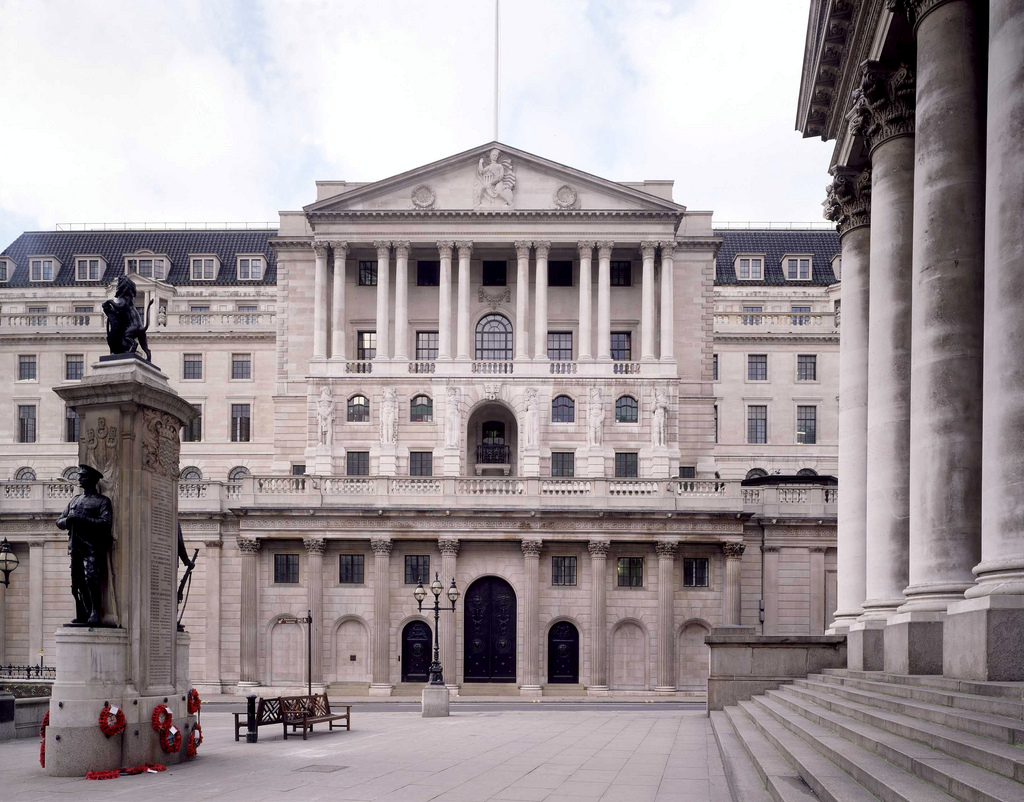4 November 2021
Inflation
Mr Sunak’s risk.
By John Watson

Like the branches of a stream crossing a water meadow, the political channels of the two main parties often flow quite closely together and at the moment there is little real economic distance between them. Both believe in a Keynesian answer to the financial chaos caused by the pandemic. Both are willing to raise taxes to boost public services. It is true that they would place the burden of those taxes differently but that is probably because they have different home crowds to please rather than because they differ in their financial judgements.
Whether Mr Sunak’s approach to public finances is right is something for economists to argue over but there is one feature which even the layman might find alarming. Apparently the buffer in the annual finances available to meet contingencies is £20 billion, more or less the effect which a 1% increase in interest rates would have on the annual cost of servicing government debt. Now if there is one economic memory which haunts those of us who lived through the 70s it is the devastating level of inflation. That has not been a problem recently because it has been well below the Bank of England’s target rate of 2%, but now it is going up and the gloom cast by the official announcements also seems to be rising exponentially. It is not so long ago that the pundits were telling us that any inflation would be a temporary blip while the world economy reactivated. Now they seem far less certain about the temporary element and there is talk of it topping out at 5% next year. Yes, “topping out”, that is one prediction, but it has a horribly comfortable sound to it and if experience is anything to go by, glib and comfortable predictions generally go wrong.
After all, look at the pressures. The government is looking for a higher wage economy. That is fine provided that there is a matching investment so that productivity increases too. Otherwise you simply end up with workers being paid more for the same output and the burden of that must inevitably fall on prices. Now look at the politics of it. The government needs to deliver better wages if it is to survive the next general election. Can investment really be at a level which compensates through new efficiencies? Efficient systems take time to put in place. The whole story begins to sound terribly unlikely.
And then think back to the 1970s. Inflation and stagnation ran together and it took the tough high interest rate policies of the Thatcher government to bring the increase in prices under control. Pushing up interest rates on that scale requires political determination of a sort which is not in evidence at the moment. How much harder it gets if each increment in interest either adds to the national debt or extracts money from taxpayers or spending departments. That is the choice which the Chancellor of the Exchequer will face if interest rates have to increase by more than 1% or, indeed, if the contingency reserve is used up in some other way.
In one way of course inflation could help with the burden of national debt. At the moment the total is some £2.23 trillion so that inflation of 5% would reduce it by £100,000,000 or so in real terms. That might sound tempting, but any attempt by the government to reduce debt in this way is fraught with danger. Firstly the savings of citizens would be correspondingly diminished, something which is dangerously corrosive of public confidence; secondly the reduction is only the equivalent of a 5% increase in interest rates over a year, so if ultimately rates had to be pushed up to contain inflation much of the reduction would be lost.
There is a common theme to British political thinking at the moment. Austerity is wrong. People must be paid a decent price for their labour. There is a consensus for such thinking but that consensus is for the pleasant effects of such policies. When it comes to dealing with the consequences, tough realistic thinking will be required and at that stage it is likely that the streams of political thought will begin to move away from each other again.


